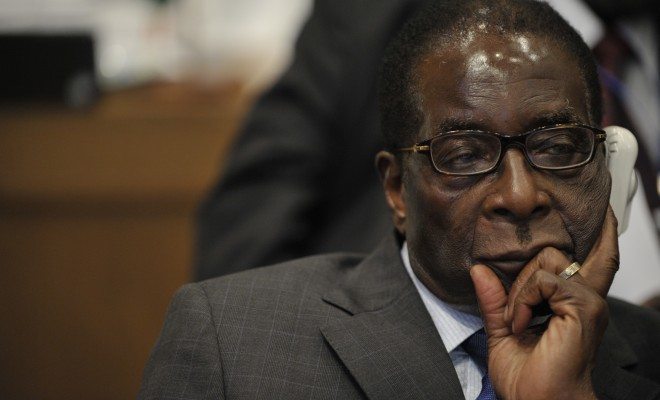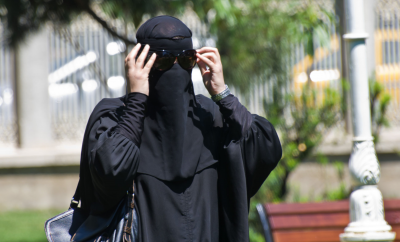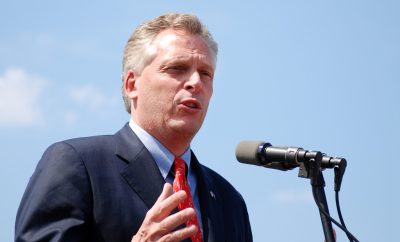
News
Changing Laws in Zimbabwe: Rise of a New Hope
Until recently, Zimbabwe’s laws required heavy penalties for insulting the president. Section 33 of Zimbabwe’s Criminal Codification and Reform Act levied a 100 dollar fine or a year of imprisonment for such an offense. The current political consensus does not support the president, as a result many individuals broke section 33 by badmouthing President Mugabe and received such punishments. At least 80 cases alleging these charges have been seen in the last year. However, amendments to section 33 are now in progress.
President Mugabe has been the head of Zimbabwe for 33 years. He will be 90 when he concludes this term. He was once greeted by cheers when first elected in 1980. At that time, he was the first black president in a country that had been formerly ruled by a small population of whites–a haunting vestige of its colonial history. But Zimbabwe’s love for Mugabe has turned sour, and his most recent election was met with apathy and exacerbated already existing despondency.
Mugabe’s reign has not seen the prosperity of the hope it once promised. During his rule, the country has suffered from extremely high levels of inflation, the implementation of his infamously poor land reforms that damaged the country’s tobacco industry, and many human rights issues. The land reform legislation, created to return the power to the black population, allowed for the government to seize land from the white population, without compensation, and redistribute it to the black population. Black riots and marches in celebrations of the fast-track resettlement program injured the white population physically and economically, causing a mass migration. The departure of the white population meant a decrease of wealth and resources for Zimbabwe. Furthermore, this expensive redistribution of land gave farms to individuals with little agrarian knowledge, resulting in a reduction in productivity and poor land management. This hyperinflation added salt to wound–as inflation was 1,000 percent just last year. The well-being of the economy is usually positively correlated to the reelection of the incumbent president. The only reason Mugabe was able to win the recent 2013 election was by pushing the limits of human rights, and rigging the votes.
With a distressing recent history, things are starting to turn around for Zimbabwe as a new democratic constitution is created. Two significant events are driving the policy changes; change of presidential term limits and support for freedom of speech from the judicial sector. The new constitution would limit the terms of the President to two to five years, and limit power through checks and balances system similar to United States. Furthermore, High Court Judge Malaba’s promotion of freedom of speech in opposition to the insult laws, “law[s] cannot be used to restrict the exercise of freedom of expression under the guise of protecting public order when what is protected is not public order,” spurred Zimbabwe’s change. Once again, we are reminded of Mugabe’s first election, as hope predicts a positive future.
—
Featured image courtesy of [U.S. Navy photo by Mass Communication Specialist Jesse B. Awalt via Wikipedia]








Comments